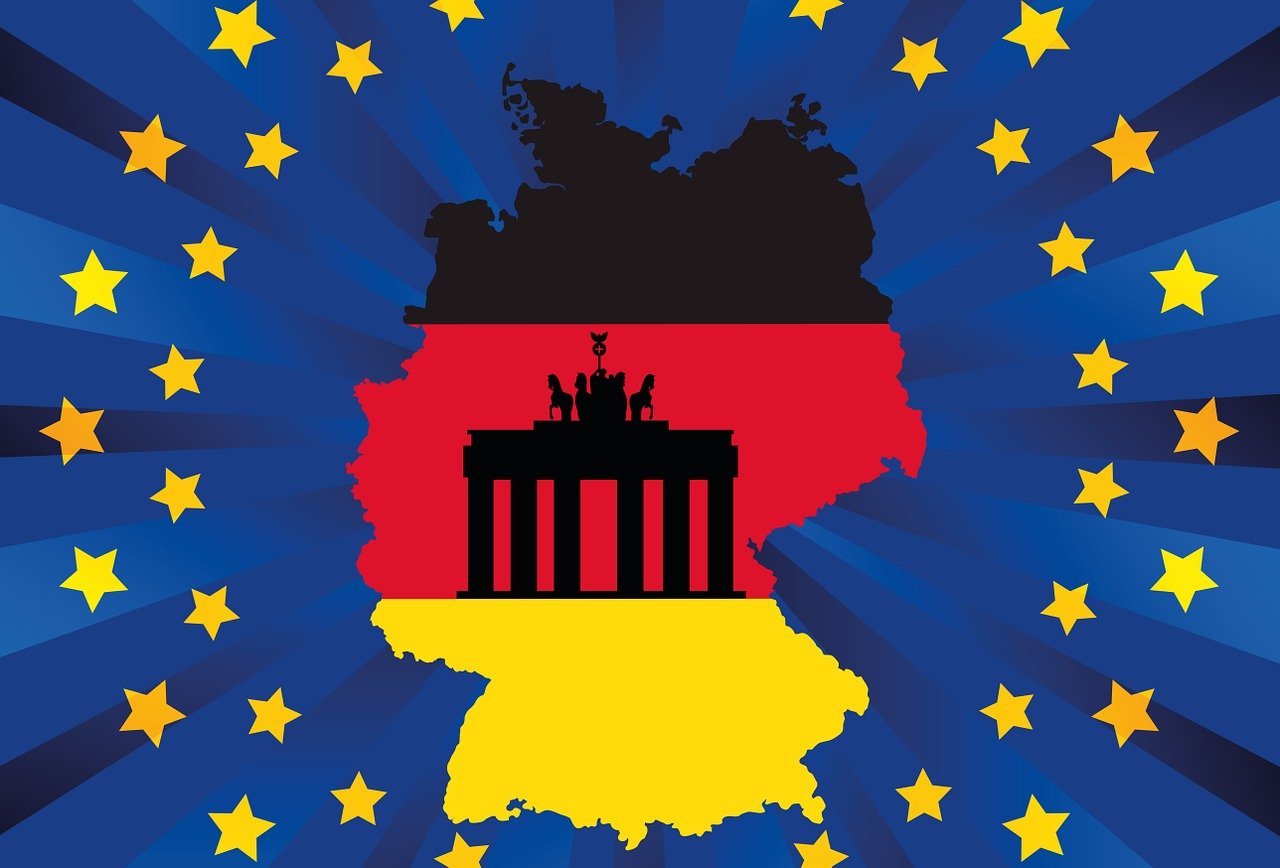2021新冠疫情英语作文(2021新冠疫情英语作文高中)
2021: Navigating the Pandemic's Uncharted Waters
In the dawn of a new decade, the world was bracing for the challenges that lay ahead, unaware of the tumultuous journey it would embark upon. The COVID-19 pandemic, which first emerged in late 2019, continued to cast a shadow over 2021, reshaping societies, economies, and the very fabric of daily life. This essay explores the multifaceted impact of the pandemic on humanity in 2021, examining the public health crisis, economic repercussions, societal shifts, and the rise of digital transformation.
The Persistent Pandemic: A Public Health Crisis
The year 2021 saw the pandemic far from abating; rather, it raged on with new variants—such as Delta and Omicron—emerging with alarming speed and efficiency. These variants not only spread more rapidly but also posed greater risks of hospitalization and death, particularly among unvaccinated populations. Governments worldwide implemented stricter lockdowns, travel restrictions, and vaccination campaigns to curb the spread.
The race for vaccines became a global effort, with over 7 billion doses administered worldwide by the end of the year. However, the unequal distribution of vaccines exposed deep-seated inequalities, with low- and middle-income countries lagging behind in accessing these life-saving injections. This disparity underscored the need for a more equitable global health system capable of responding to pandemics effectively.
Economic Fallout: The Toll on Livelihoods
The economic repercussions of the pandemic were felt across sectors, with travel, hospitality, and retail industries taking a severe hit. As lockdowns and restrictions constrained consumer behavior, businesses struggled to stay afloat, leading to job losses and a contraction in global GDP. Governments implemented massive stimulus packages and bailouts to cushion the blow, but the recovery was uneven and slow.

The service sector, particularly in developing countries, faced severe job losses. Informal workers, who constitute a significant portion of the global workforce, were left vulnerable without access to social safety nets or unemployment benefits. This crisis underscored the need for a more resilient economic structure that can withstand such disruptions in the future.
Societal Transformations: Shifts in Behavior and Values
The pandemic forced a reevaluation of societal norms and values. The concept of social distancing became a new norm, reshaping urban spaces and public interactions. Virtual meetings and online classes became the new normal, accelerating the adoption of digital technologies worldwide. This shift not only facilitated remote work but also opened up new avenues for education and entertainment.
However, the isolation brought about by lockdowns also led to a surge in mental health issues such as anxiety and depression. The pandemic highlighted the importance of mental health support systems and underscored the need for a more compassionate and empathetic society.
Digital Transformation: Opportunities and Challenges

The pandemic accelerated the digital transformation across various sectors. Telemedicine saw a massive surge, with online consultations becoming the norm for many healthcare providers. E-commerce and digital payments proliferated, making transactions safer and more convenient during lockdowns. The rise of fintech companies and digital banks disrupted traditional financial systems, offering more accessible and inclusive services.
However, this digital divide also widened existing inequalities. Those without access to reliable internet or digital devices were further marginalized, highlighting the need for inclusive digital policies that ensure equitable access to technology.
Global Cooperation: The Road Ahead
The pandemic underscored the importance of global cooperation and collaboration in addressing global challenges. The World Health Organization (WHO) played a pivotal role in coordinating the international response, but critics argue that more needs to be done to ensure equitable access to vaccines and treatments. The need for a stronger global health architecture that can prevent and respond to pandemics effectively has become increasingly urgent.
Economic recovery efforts must also be inclusive and sustainable. The International Monetary Fund (IMF) and other multilateral institutions must play their part in facilitating global economic recovery while addressing the underlying structural issues that contributed to the pandemic's impact.

Conclusion: Navigating Uncertainty with Hope
As we look back on 2021, it is clear that the COVID-19 pandemic continues to test our resilience and adaptability. The year brought with it both challenges and opportunities for transformation. While the pandemic has exposed vulnerabilities and inequalities, it has also shown the potential for innovation and collaboration when faced with adversity. As we navigate through this uncertain period, it is crucial to remain hopeful, recognizing that every challenge presents a chance for growth and progress towards a more equitable and resilient world.
In conclusion, 2021 was a year of learning and adaptation as humanity grappled with the complexities of the COVID-19 pandemic. Through innovation, cooperation, and resilience, we can emerge stronger from this crisis, ready to build a better future for all.





还没有评论,来说两句吧...